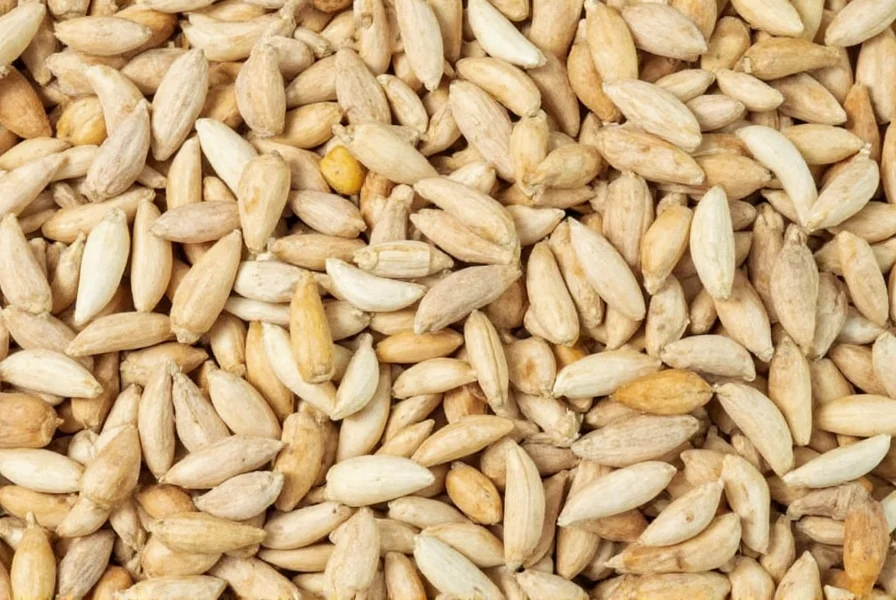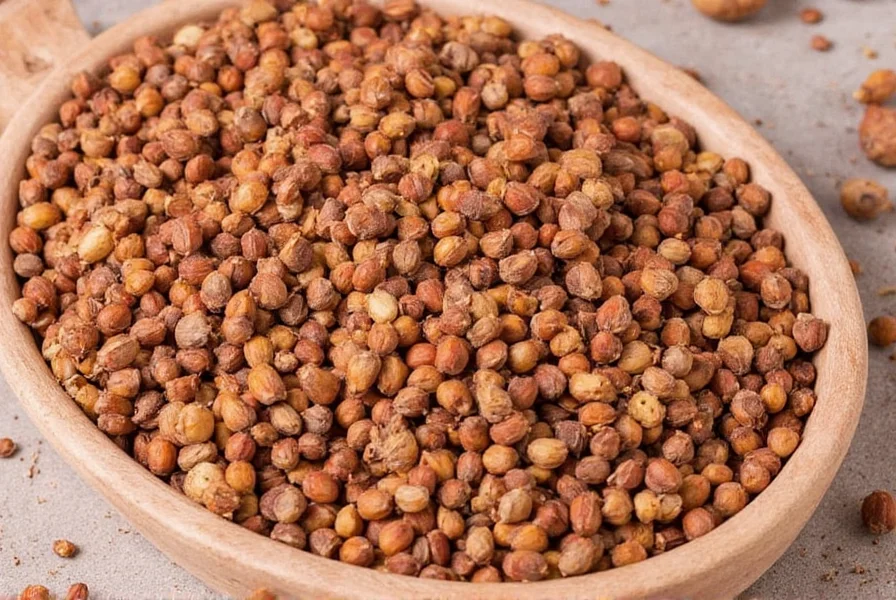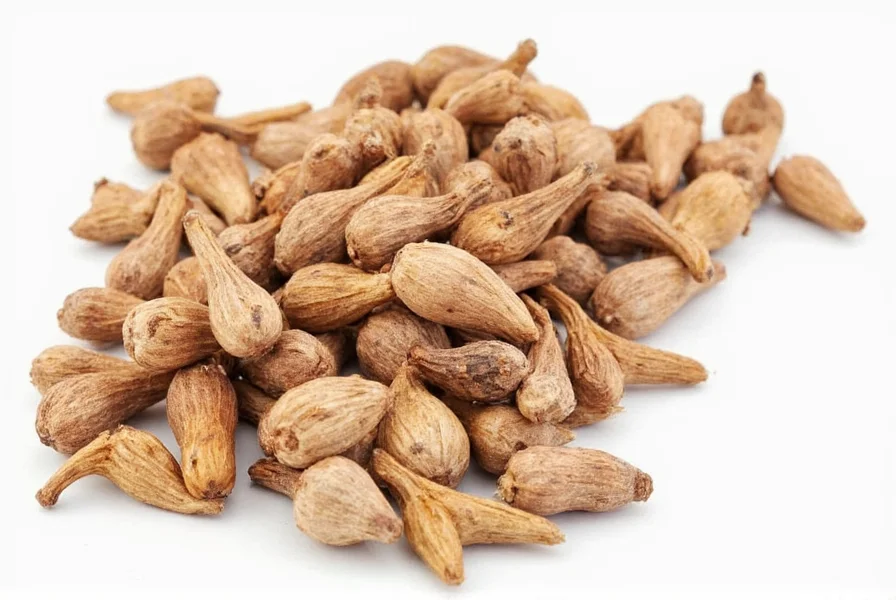These small, nail-shaped spices deliver intense flavor and aroma that surpasses their ground counterpart in freshness and potency. Understanding how to properly use and store whole cloves can significantly elevate your cooking and preserve their valuable properties.
What Makes Whole Cloves Unique
Whole cloves stand apart from ground cloves due to their preserved essential oils and extended shelf life. When left intact, the eugenol-rich buds maintain their complex flavor profile for up to two years, compared to ground cloves which lose potency within six months. The distinctive appearance—dark brown with a bulbous head and slender stem—makes them easily identifiable in spice collections.
Professional chefs prefer whole cloves for certain applications because they allow precise flavor control. Unlike ground cloves that immediately disperse throughout a dish, whole cloves can be added during cooking and removed before serving, preventing overpowering bitterness while still imparting their characteristic warm, sweet-spicy notes.
Whole Cloves vs Ground Cloves: Key Differences
| Characteristic | Whole Cloves | Ground Cloves |
|---|---|---|
| Shelf Life | 1.5-2 years when properly stored | 6 months before significant flavor loss |
| Flavor Intensity | Milder during cooking, more complex profile | Immediately potent, can become bitter |
| Culinary Control | Can be removed after infusion | Permanent integration into dish |
| Best Uses | Braising liquids, mulled beverages, rice dishes | Baking, spice blends, rubs |
Optimal Culinary Applications for Whole Cloves
Whole cloves shine in slow-cooked dishes where their flavors can gradually infuse without overwhelming the final product. They're particularly valuable in:
- Beverage preparations: Essential for authentic chai tea, mulled wine, and spiced cider where they're simmered then removed
- Rice and grain dishes: A few cloves added to cooking liquid impart subtle warmth without dominating
- Meat braises: Particularly effective with lamb, beef, and game meats where their antiseptic properties complement rich flavors
- Pickling solutions: Contribute complex spice notes to vinegar-based preserves
When using whole cloves in cooking, remember they're potent—typically 4-6 cloves suffice for a dish serving four people. Always remove them before serving as biting into a whole clove delivers an intense, potentially unpleasant experience.

Evidence-Based Health Benefits
Research indicates whole cloves contain higher concentrations of beneficial compounds than their ground counterparts due to reduced oxidation. The primary active component, eugenol, comprises 70-90% of clove essential oil and demonstrates:
- Dental applications: Proven antimicrobial effects that reduce oral pathogens when used in mouth rinses
- Antioxidant capacity: One study found cloves have 30 times the antioxidant capacity of blueberries by weight
- Digestive support: Traditional use for easing nausea and improving digestion has some scientific backing
For therapeutic use, steeping 2-3 whole cloves in hot water creates a more potent infusion than using ground cloves, as the essential oils remain better preserved.
Proper Storage Techniques for Maximum Freshness
To maintain the volatile oils that give whole cloves their distinctive aroma and flavor, follow these storage guidelines:
- Store in airtight glass containers away from light and heat sources
- Maintain stable temperatures below 70°F (21°C)
- Keep away from humidity—consider adding silica packets in humid climates
- Check for freshness by squeezing a clove; fresh ones should release aromatic oil
Properly stored whole cloves maintain peak quality for 18-24 months. Test older cloves by placing one in water; fresh cloves will stand upright while stale ones sink due to lost essential oils.

Selecting Quality Whole Cloves
When purchasing whole cloves, look for these quality indicators:
- Appearance: Deep reddish-brown color with no signs of fading
- Texture: Firm to the touch with visible oil glands on the bud
- Aroma: Strong, sweet-spicy scent when crushed slightly
- Weight: Should feel substantial for their size (indicating oil content)
Avoid cloves that appear dusty, have lost their stem ends, or show signs of insect damage. Premium quality whole cloves will have a visible oily sheen on the bud portion.
Frequently Asked Questions
Can you substitute ground cloves for whole cloves in recipes?
Yes, but with important considerations. Use ¾ teaspoon ground cloves for every 12 whole cloves. Remember that ground cloves disperse immediately throughout a dish while whole cloves can be removed, so adjust timing accordingly. Ground cloves work better in baked goods while whole cloves suit slow-cooked dishes.
How can you tell if whole cloves have gone bad?
Stale whole cloves lose their potent aroma and may appear faded. Perform the water test: fresh cloves will stand upright in water due to their oil content, while stale ones will sink. If cloves crumble easily when pressed or show signs of mold, discard them immediately.
Are whole cloves safe for children and pregnant women?
In culinary amounts used for flavoring food, whole cloves are generally safe. However, concentrated clove oil should be avoided. Pregnant women should limit consumption to normal food preparation quantities. For children, avoid serving dishes with whole cloves that could pose choking hazards, and use ground cloves instead for young children.
What's the best way to grind whole cloves when needed?
For optimal freshness, grind only what you need immediately before use. A dedicated spice grinder works best, but you can also use a mortar and pestle. Briefly toast the cloves in a dry pan first to enhance flavor release, then grind to your desired consistency. Never store pre-ground cloves for later use if you want maximum flavor impact.











 浙公网安备
33010002000092号
浙公网安备
33010002000092号 浙B2-20120091-4
浙B2-20120091-4